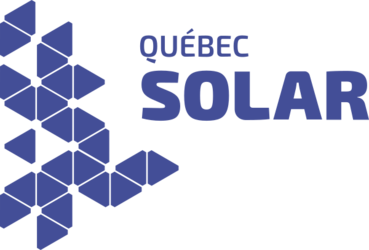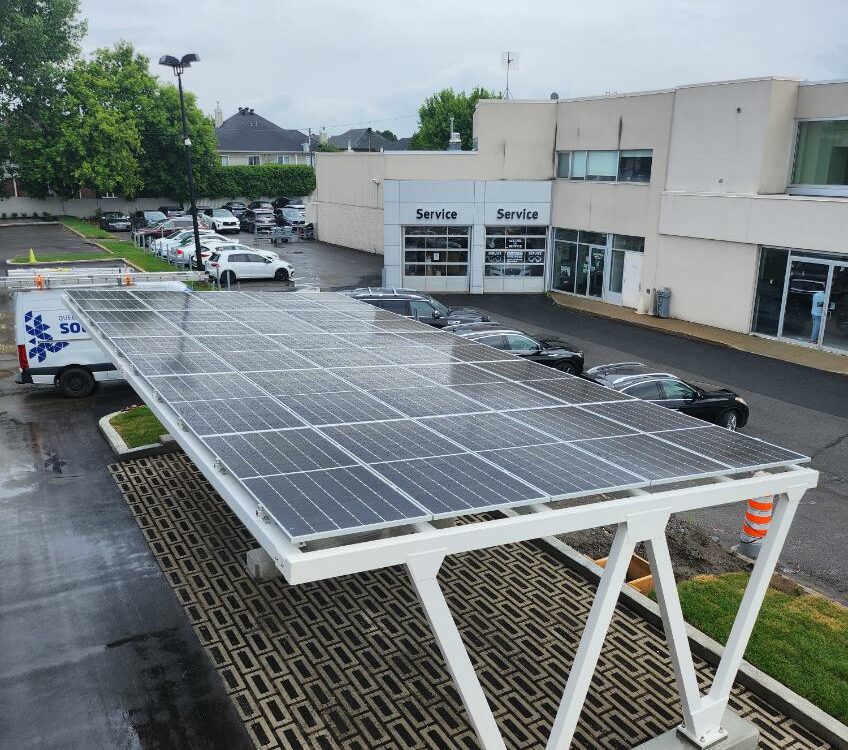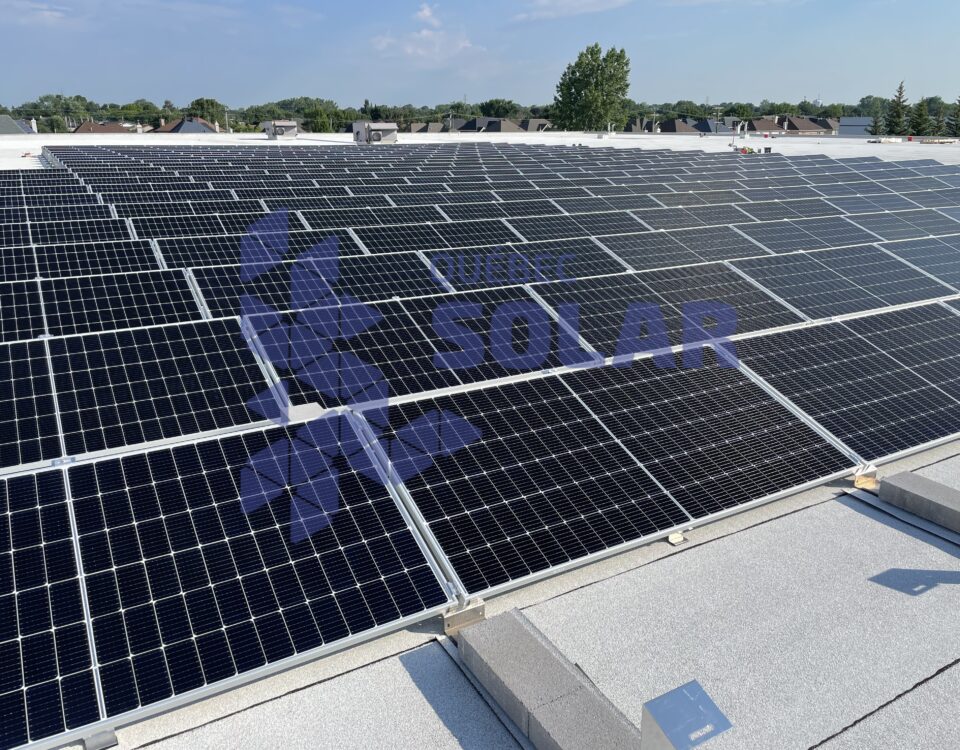How to clean your solar panels?

How are solar panels made?
June 29, 2020
How do solar panels help fight climate change?
July 1, 2020
A solar panel is an electronic equipment that uses solar radiation to produce heat or electricity. Those that produce heat are solar thermal panels while those that produce electricity are photovoltaic solar panels. In both cases, their productivity depends on the duration and intensity of the sunshine, the latter varying with the seasons and the geographic location.
The efficiency of a solar panel is the ratio between the amount of energy it collects compared to the amount of energy it produces, the rest being lost in the form of heat. An efficiency of 20% therefore means that 20% of the solar radiation is transformed into electricity and that the missing 80% is transformed into heat. The higher the efficiency, the greater the amount of electricity produced. Although the type of technology in the cells of a solar panel greatly influences their efficiency, the average efficiency of solar panels ranges from 15 to 25%.
That said, solar panels do not absorb as much of the sun’s rays when they are dirty, which reduces their performance and therefore the amount of energy available. The question arises: is it worth cleaning your solar panels?
We would say no since the sweat is not worth it. Indeed, as part of a study on the subject, researchers from the University of San Diego concluded that less than 0.05% of energy was likely to be lost due to dirt. Washing them is therefore a question of aesthetics rather than productivity. In addition, being made of glass, the cells of a photovoltaic solar panel are very sensitive to physical shock. You must therefore be very careful when cleaning them if you do not want to damage them.
But what about the rare circumstances where your panels are covered with dust and grime and there is no rain forecast for several more days?
The first thing to do is to contact the manufacturer of the solar panels in case they have advice or warnings on cleaning the panels. If you do not want to contact them directly, read the panel specs sheet to determine if certain precautions should be taken. Although this step is boring, the goal is not to break their warranty.
The second thing is to use a low flow garden hose and water the panels as much as possible without touching them. The use of a low flow garden hose is essential since the goal is not to damage the cells of the panels, the latter being fragile. Never use a pressure washer, as this can cause irreversible damage. With the cost of a solar energy system, it would be unfortunate if your good will caused more harm than good.
When rinsing with the hose does not do it, you can gently wipe the panels with a soft cloth. You can also use a little soap but avoid using detergent. Non-abrasive sponges can also work. Think of it a bit like when you clean your car, you wouldn’t use too much pressure or something too abrasive because you don’t want your car paint to be scuffed or damaged. The same logic applies for solar panels.
What about snow?
Most of the time, apart from ice storms, the snow will melt. In the event that it does not melt, the same advices as for washing apply: be careful and try to clear the snow as gently as possible. The brush you use to clean your car windshield can be used, but its bristles should not touch the panels since they are abrasive. Simply wipe the top layer of snow and wait for the last layer of snow to melt. In the event of ice buildup, you can use warm water, but keep in mind that if it is too hot, the panels will undergo thermal shock and the cells may crack.
In short, washing your solar panels is not recommended, except in extreme cases where their energy production is too low compared to the average. If washing is necessary, be careful and do your best not to be too abrupt with the panels. For more information, do not hesitate to contact us. We will be happy to help you and share our expertise with you.



